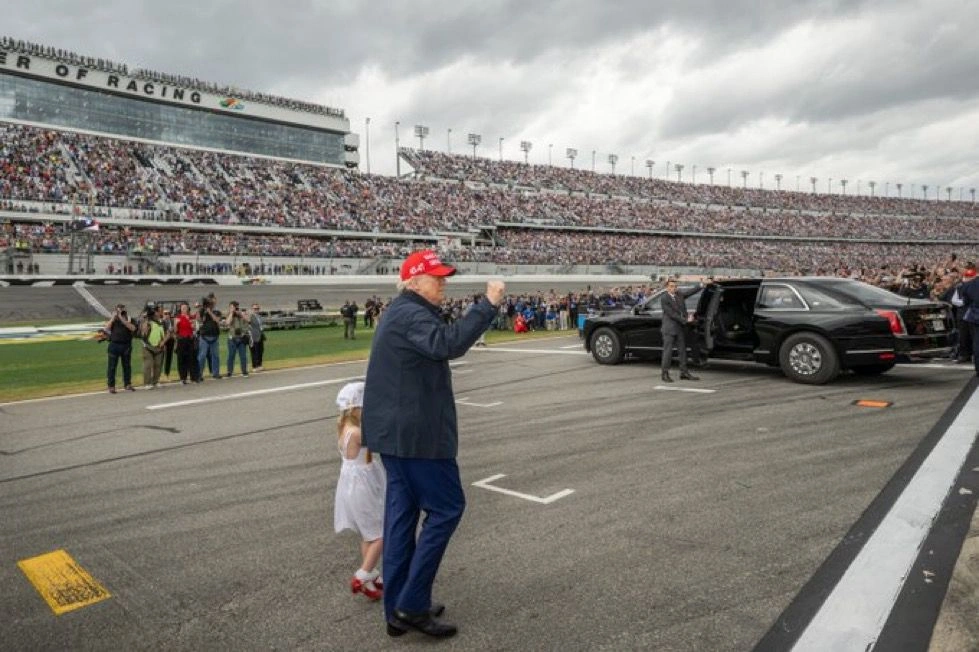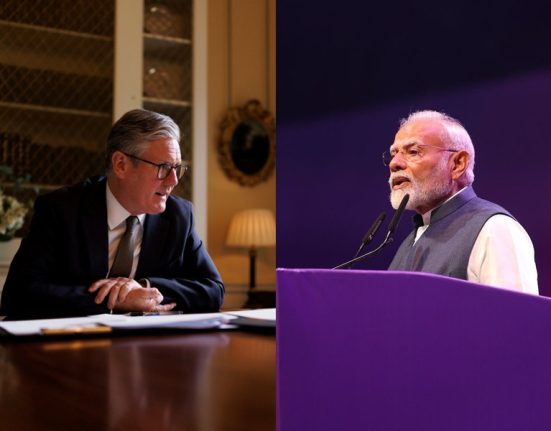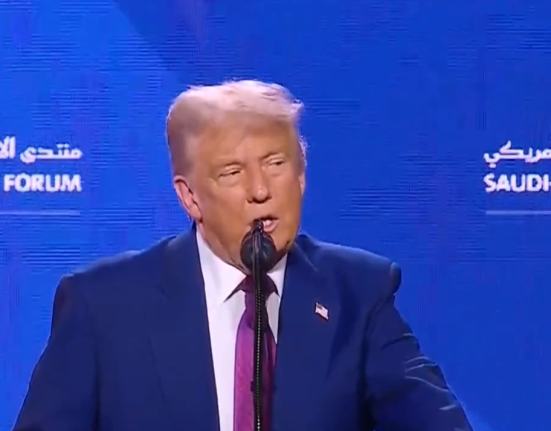Tariffs doubled to 50%
The United States has slapped punitive tariffs of up to 50% on Indian goods after trade talks collapsed, marking the sharpest breakdown in relations between President Donald Trump and Prime Minister Narendra Modi to date.
The move, announced after midnight Washington time, doubles duties from 25% and puts India among the worst-hit nations in Trump’s tariff wars, alongside Brazil and China.
Russian oil trigger
At the heart of the dispute is India’s continued purchase of discounted Russian oil, which Trump has sought to punish as part of his wider strategy to pressure Moscow over its war in Ukraine.
“Trump is trying to get at Putin and India is a easy target” said one former adviser. Despite the threat of tariffs, New Delhi has not abandoned Russian crude imports, though volumes have dropped from earlier peaks.
Economic impact
India’s exporters face a severe hit, with the Global Trade Research Initiative warning that shipments to the US could plunge from $86.5bn this year to about $50bn in 2026.
Sectors most exposed include textiles, jewellery, shrimp and carpets, with industry groups braced for a collapse of up to 70% in sales, threatening hundreds of thousands of jobs.
Standard Chartered has estimated the tariffs could shave a full percentage point off India’s GDP growth.
“I think India could survive 25%…but 50% is a completely different scenario,” said Mark Linscott, a former US trade negotiator.
Political chill
The tariffs also reflect the cooling of personal ties between Trump and Modi. The two leaders, once seen as close allies, have barely communicated in recent months.
According to sources in New Delhi, Modi avoided speaking directly with Trump ahead of the tariff deadline, fearing last-minute pressure for concessions.
Talks collapsed in part because India refused to open its vast agricultural and dairy sectors – areas Modi has vowed are non-negotiable. US negotiators cancelled a planned trip to New Delhi after the impasse.
Global realignment
Facing strained ties with Washington, Modi is turning to other partners. He is due to visit China this weekend for the first time in seven years, while foreign minister Subrahmanyam Jaishankar has urged Russian companies to deepen engagement with India.
But analysts warn that Trump’s tariffs, combined with strained personal relations, could mark a long-term rupture in the US-India partnership – with major consequences for trade, diplomacy and security in the Indo-Pacific.



